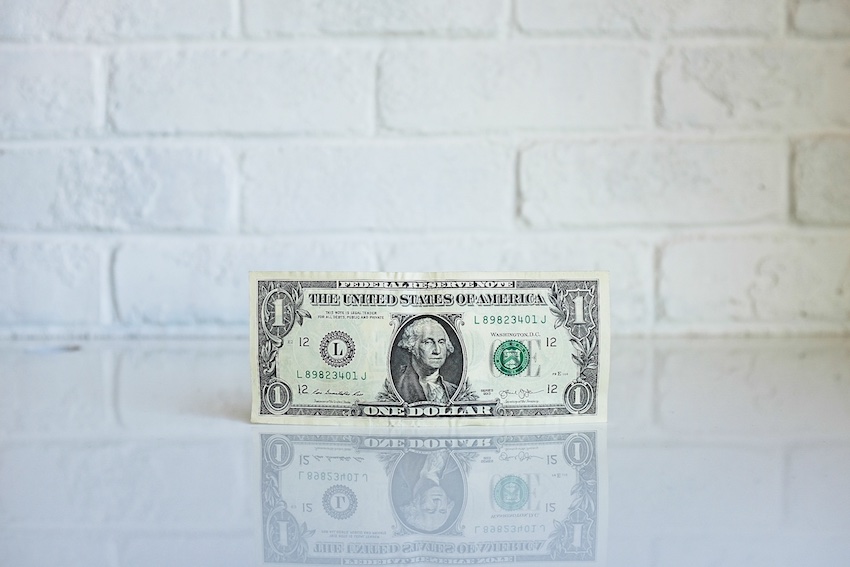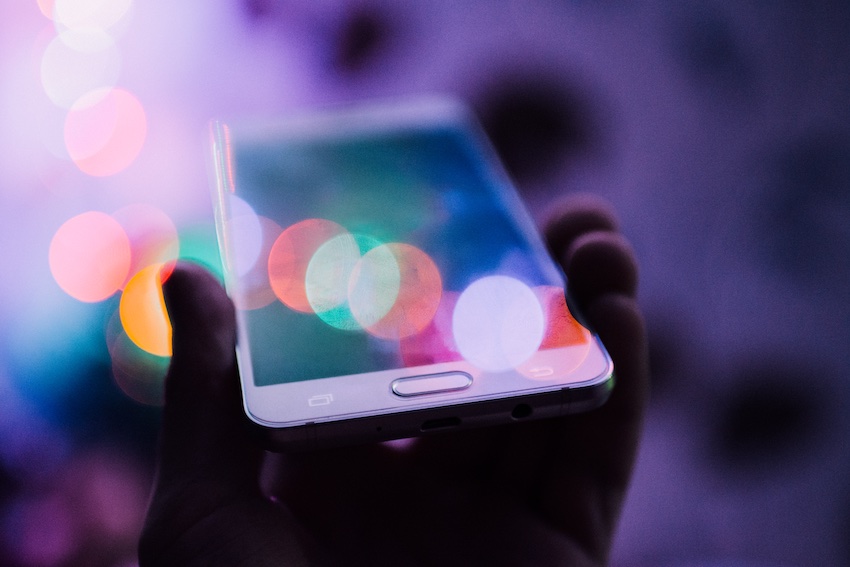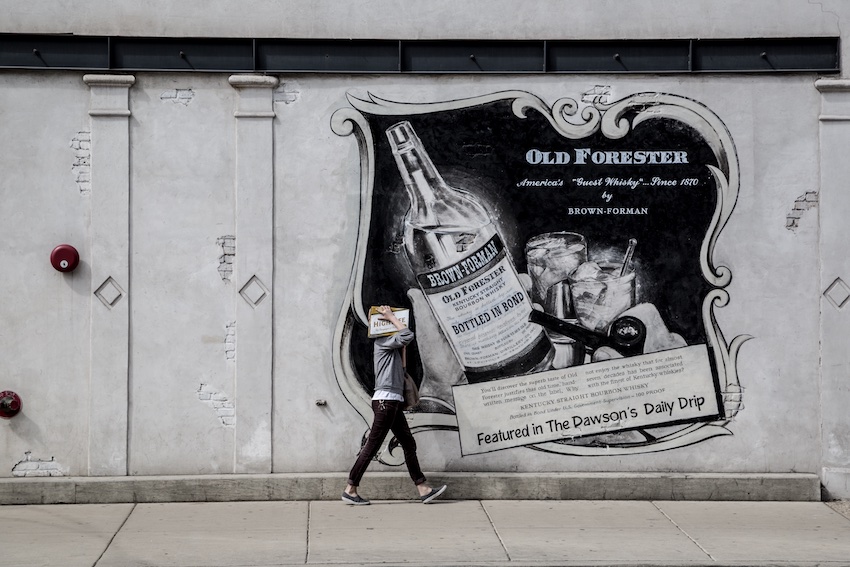“Millennial” has practically become a buzzword in the last few years...and for good reason. They’re the largest - and arguably loudest - generation out there, and they’re sticking around for, well, a while.
These folks don’t fall under a scientifically precise range, but the general consensus is that millennials are those people born between the early 1980’s and early 2000’s - so, millennials today are roughly between 17 and 37 years old.
Now, let’s cruise through some interesting, eyebrow-raising statistics and talk about how this valuable information will influence your business strategy.
If you’d like to jump ahead to the juicier stuff, the stats below are conveniently broken down by category:
Attitude Toward Advertising & Marketing
If you want to soak up alllll the knowledge, let us begin with the basics.
Demographics

1. Millennials make up ¼ of the US population with a total of 77 million. (Nielsen)
2. Their generation is larger than the Baby Boomers and 3 times the size of Gen. X. (Aimia)
3. Millennials are the best-educated group of young adults in US history, with ⅓ of older millennials (ages 26-33) having earned at least a four year college degree. (Pew Research Center)
4. In the last 5 years, 87% of millennial workers took on management roles, compared with 38% of GenX and 19% of Baby Boomers. (EY)
5. 54% of millennials either want to start a business or already have started one. (Kauffman Foundation)
6. 63.3% of US executives will be eligible to retire within the next 5 years. (PWC)
Why You Should Care
First of all, these people are huge - and no, I’m not referring to their individual size. Their population is so big that they carry a lot of influence with them, both in sociocultural and economic ways.
Your business needs to appeal to their generation as a whole in order to gain customer loyalty and to allow the (positive) reputation of your brand to spread like wildfire.
Their average higher education also can attribute to their smarter shopping habits and elevated expectations of brands. They know better than to just buy something because of the product; instead, they look past it to also factor in the quality and ethics of the company making the product.
Also, these people are ambitious.
Not only are they snagging up the higher positions in companies left and right, they’re also inventive - and bold - enough to launch their own businesses. In the marketplace, millennials play a huge role in buying patterns, but in your own company, these folks are also natural leaders.
Because most millennials grew up immersed in technology, they are a good asset to have on board to connect properly with your customers - especially because those customers very well could be their own peers.
Money (Spending) Matters

7. In the US, millennials wield about $1.3 trillion in annual buying power. (Boston Consulting Group)
8. They will have the most spending power of any generation by 2018. (Bazaar)
9. Specifically, their spending power is estimated to reach $3.39 trillion by 2018. (Oracle)
10. Millennials’ median income (year-round, full-time) is $33,883. (US Census Bureau)
11. 41% of millennials have already made purchases with smartphones. (Edelman Digital)
12. 15% of millennial smartphone owners make online purchases on their smartphones multiple times per week, plus another 15% make smartphone purchases weekly. (Fluent)
Why You Should Care
I don’t think I need to reiterate the sheer amount of money that millennials spend. That money is the prize of the competition: the better (more popular, more ethical, higher quality) the company, the more money it wins from the pool.
Ironically, millennials don’t cash in ridiculously huge paychecks, but their sheer numbers still create quite the impact - especially since these people tend to rely on their peers for social reference regarding the brands they support.
We know that smartphones are constantly on the rise, but the number of purchases made on devices are surprising - at least to me, and I’m a millennial myself. If you think that people don’t actually buy on mobile devices, now you know they do, so you should optimize your strategy to make this part as convenient as possible for prospects. That’s where buyable pins on Pinterest, shoppable posts on Instagram, and “shop now” options in every other place come into play.
Tech Use & Online Habits

13. Over 85% of millennials own smartphones. (Nielsen)
14. Millennials touch their smartphones 45 times a day. (SDL)
15. 87% use 2-3 tech devices at least once a day. (Forbes x Elite Daily)
16. 83% of online adults (18-29 years) use Facebook, 53% use Instagram, 37% use Twitter, and 34% use Pinterest. (Pew Research Center)
17. 41% of millennials use Facebook every day. (Fluent)
18. 5 out of 6 millennials connect with companies on social media networks. (SDL)
19. 66% of millennials follow a company or brand on Twitter and 64% like a company or brand on Facebook to score a coupon or discount. (University of Massachusetts Dartmouth)
20. 43% have liked more than 20 brands on Facebook. (Mr Youth)
21. 63% stay updated on brands through social networks. (Ipsos)
22. Millennials spend about 25 hours per week online. (AdAge)
23. 62% of millennials say that if a brand engages with them on social networks, they are more likely to become a loyal customer. (Forbes x Elite Daily)
24. 66% are confident that the information they find on mobile devices is the same on desktop. (Google)
25. 65% start interactions with a brand or organization online. (Microsoft)
26. 64% believe that social media is one of the most effective channels for reaching brands. (Microsoft)
Why You Should Care
Millennials are probably the most connected generation ever.
But, it goes further than that: you can’t just expect to be present online and gain followers; you have to provide value to the audience that will incline them to follow you. Luckily for you, immediately actionable incentives, such as coupons, or even just attention, is virtually all it takes to get them to become loyal customers. Win-win.
If you’re appealing to millennials - now or inevitably down the road - you have to meet them where they are, which is why your brand needs to step up your social media game. Otherwise, you miss a huge, free opportunity to increase the size of your customer base.
Brand Perception

27. American millennials are 7 times more likely to give their personal information to a trusted brand than to any other brand. (SDL)
28. 56% would share their location with companies to receive coupons or deals for nearby businesses; 51% would share information in exchange for an incentive. (USC Annenberg Center for the Digital Future)
29. 33% of millennials rely mostly on blogs before making a purchase. (Forbes x Elite Daily)
30. 42% are interested in helping companies develop future products or services. (Forbes x Elite Daily)
31. 60% are often or always loyal to brands that they currently purchase. (Forbes x Elite Daily)
32. 75% say it’s fairly or very important that a company gives back to society instead of just making a profit. (Forbes x Elite Daily)
33. 64% of millennials feel that companies should offer more ways to share their opinions online in the future, and if they do, they’ll continue to participate. (Bazaarvoice)
Why You Should Care
Millennials like brands they could trust.
We all do, in a way, but this generation is particularly known for it, which may be a result of growing up with all the necessary information just a click away.
This means that the crooked companies will fall out of the running to leave the ethical underdogs in first place, and that your brand should flaunt all the great things about its culture, positive impact on the world, and whatever else you’ve (truly, genuinely) got.
Because while having a good reputation helps, being authentic in every area of your brand is paramount to your brand’s success, especially amongst millennials.
In terms of providing all the right information, just glance back up at the number of millennials who depend on information found in blogs to make a purchase.
Though oftentimes, these blogs are written by influencers who get sponsored to boast about amazing new products, if your brand doesn’t have an influencer on your side, you can launch a blog on your company website to let prospects get to know more about you and your brand.
Unless you’re on the B2B side of things, you’re selling to humans.
These younger humans want to help!
The more responsive and open to user feedback your company is, the better - it only makes sense to get help from the very people who will be giving up their hard-earned dough for your stuff, right?
Attitude Toward Advertising & Marketing

34. Only 6% of millennials consider online advertising to be credible. (SocialChorus)
35. 84% of millennials don’t trust traditional advertising. (Hubspot)
36. 95% believe friends are the most credible source of product information. (SocialChorus)
37. 48% say that word of mouth influences their product purchases more than TV ads. Only 17% said that a TV ad promoted them to buy. (Intrepid)
38. 51% say that being able to see consumer opinions has a greater impact on making a purchase decision. (Deliotte)
39. 43% rank authenticity over content when consuming news. (Forbes x Elite Daily)
40. 84% of millennials say that user generated content has some influence on what they buy. (Bazaarvoice)
41. 60% say social advertising is more credible when influencing their decisions. (Adroit)
Why You Should Care
The more traction marketing gains, the less advertising impacts consumers.
Maybe people are simply exhausted after decades of ads shouting at them to spend their hard-earned money, or maybe our culture has shifted to one where companies have to woo their customers in a game of hard-to-get.
Either way, the hard sell and disruptive advertising strategy doesn’t work anymore.
There are so many sources that customers gather information from when making a purchase, which leaves many opportunities for your brand to schmooze them into choosing you.
The catch: you have to have good products or services to make the cut, because millennials look to their peers to report on what they’ve tried first.
Think of it like this: if your bold friend tries a bite of something you’re unsure about, you probably ask them, “how was it?” before just going for it yourself, because you aren’t willing to take that risk, but you trust their opinion enough to make a decision either way.
Make it super easy for prospects to find previous customers’ experiences with your brand in order to gain their trust, and eventually, their patronage.
The Bottom Line
Millennials are so important to businesses, and they're not going away anytime soon.
So, if your business has a marketing strategy in place, it should certainly include millennials in one way or another.
How do you win the hearts of this particular and powerful generation without missing the mark? Jump over to my article on how—and why—to market to millennials to get started.

I hope this list helped you gain insight into reaching millennials successfully. Did I miss any crazy statistics that you know of? Please share below!




